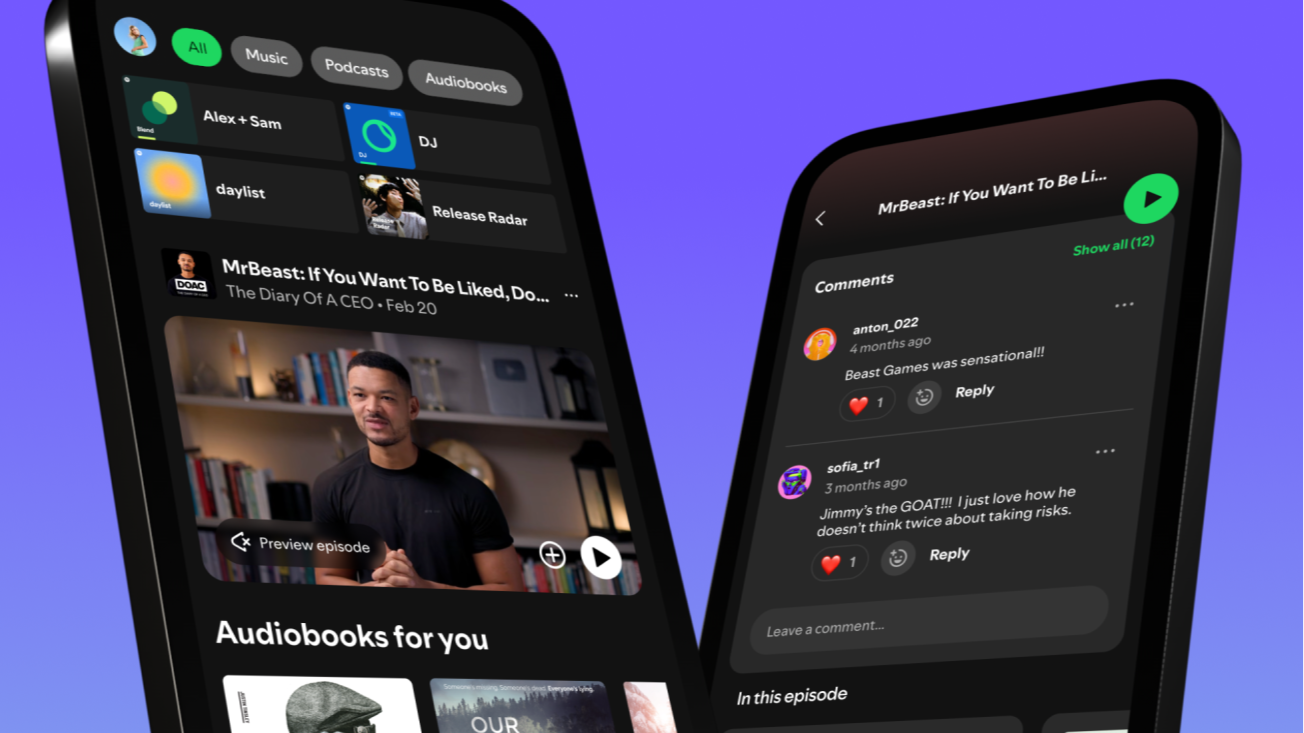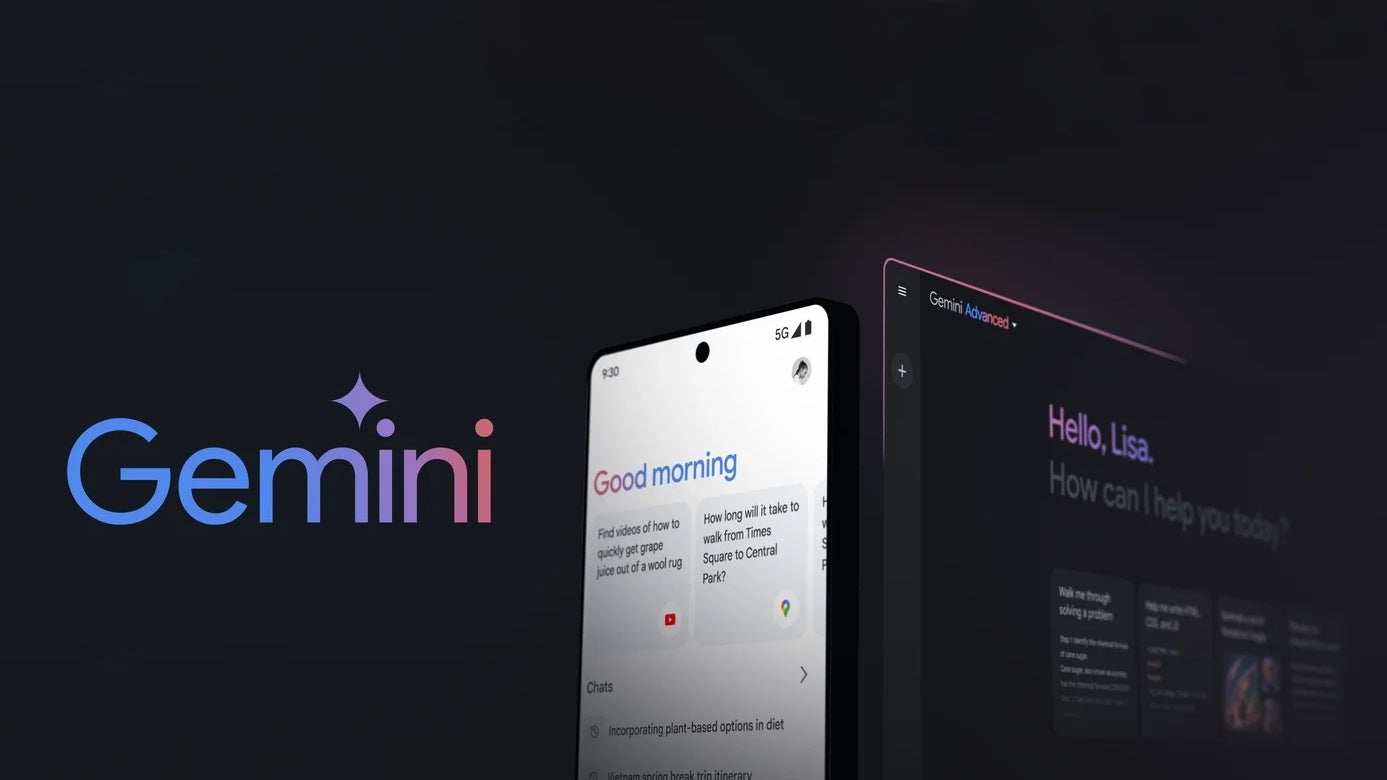Why tech education needs real engineers as mentors, not just instructors
If India is to actually realise its demographic dividend and create the next wave of global tech talent, we must put mentorship at the center of our upskilling ecosystem.

When I was studying for high-stakes tech interviews early in my career, I wasn’t lacking resources. There were tutorials, online courses, books, and forums. But what I lacked—and what most students still lack—was context. I knew the material, but I didn't know how it was used in actual systems. I could do problems, but I didn't know what interviewers were actually searching for. The missing ingredient wasn’t teaching. It was mentorship.
That distinction—between guidance and being taught—is something I realised only after having worked at places like Google and Razorpay, and subsequently mentoring young engineers myself.
Now, as the job market for tech talent becomes increasingly competitive, and the disconnect between college coursework and industry needs grows, I think it’s time we challenge a fundamental assumption in tech education: Instructors alone won’t cut it. Actual engineers—those who are actually building systems—need to be involved in the learning process.
The gap between theory and reality
Each year, thousands of engineers graduate with respectable academic records, but little sense of what product company life is really like. Most have learned the theory—databases, operating systems, data structures—but have not seen how they apply in actual systems that deal with millions of users or edge-case crashes.
When I was on the Google Search team, our choices had to take into account latency at scale, reliability under load, and design that could handle changing user behaviour. These aren't things you learn in typical textbooks. They're things that only practitioners can know.
This is where the true value of mentors shine—not only as instructors who are aware of the what, but engineers who have experienced the why and how—who can assist students outside of the curriculum and prepare them for the future.
Instruction is passive, mentorship is transformational
There is a core distinction between instruction and mentorship. Instruction conveys information, and mentorship constructs insight. A good teacher may teach you a sorting algorithm and describe its time complexity, but a mentor will advise you when not to employ it, how it performs under actual traffic, and what works better for low-latency systems.
During technical interviews, particularly in product companies, not only do candidates get graded on correctness, but on approach to problem-solving, design on the systems scale, trade-offs, and clear communication as well. These aren't abilities learned through videos. These are created with feedback, iteration, and introspection—exactly what a mentor facilitates.
What the data shows?
Across the world, the pattern is evident: students are looking more and more for coaching, not merely content. Based on HolonIQ's 2023 Global EdTech report, those platforms that integrate community, mentorship, and feedback loops have 40–60% greater retention and completion rates compared to those with self-paced content alone.
In India, NASSCOM notes that only 50% of engineering graduates are instantly employable for software positions. The figure isn't only about curriculum—it is because there is no application to real life and career counseling during the learning process.
The soft skills no one teaches
The gap is not just technical. Most would-be engineers are unclear about how to explain their ideas, defend trade-offs, or even handle ambiguity in questions—all essential during interviews and on the job. A mentor who has sat on both sides of the table can role-play these situations and provide practical, compassionate feedback—something that standardized content cannot.
Furthermore, most students in Tier-II or Tier-III institutions are not struggling because of ability, but rather through a lack of access to networks, role models, and experience. To have someone who has gone before them can de-mystify the journey, give confidence, and create a ripple effect of opportunity.
Mentorship is not a luxury—It’s a necessity
Others argue that mentorship is a “bonus” or “add-on” to education. I think it should be central. Where the world has AI that can spit out answers and do tasks for us, what sets great engineers apart is judgment, clarity, and flexibility—abilities that develop under proper mentorship.
If India is to actually realise its demographic dividend and create the next wave of global tech talent, we must put mentorship at the center of our upskilling ecosystem. Whether formal programmes, community networks, or peer-to-peer learning, the moment to make mentorship a priority is now.
Closing thoughts
Edtech is changing. But to actually ready students for what's coming, we have to go beyond teaching. We have to get actual engineers into classrooms, bootcamps, and online forums—not only to instruct, but to impart, challenge, and assist.
Because the future of technology won’t be created by people who know what a hash table is. It will be created by people who know how—and when—to apply one. And only they can teach that.
Pratik Kapasi is the Founder & CEO at HeyCoach, an interview prep platform
(Disclaimer: The views and opinions expressed in this article are those of the author and do not necessarily reflect the views of YourStory.)























































































































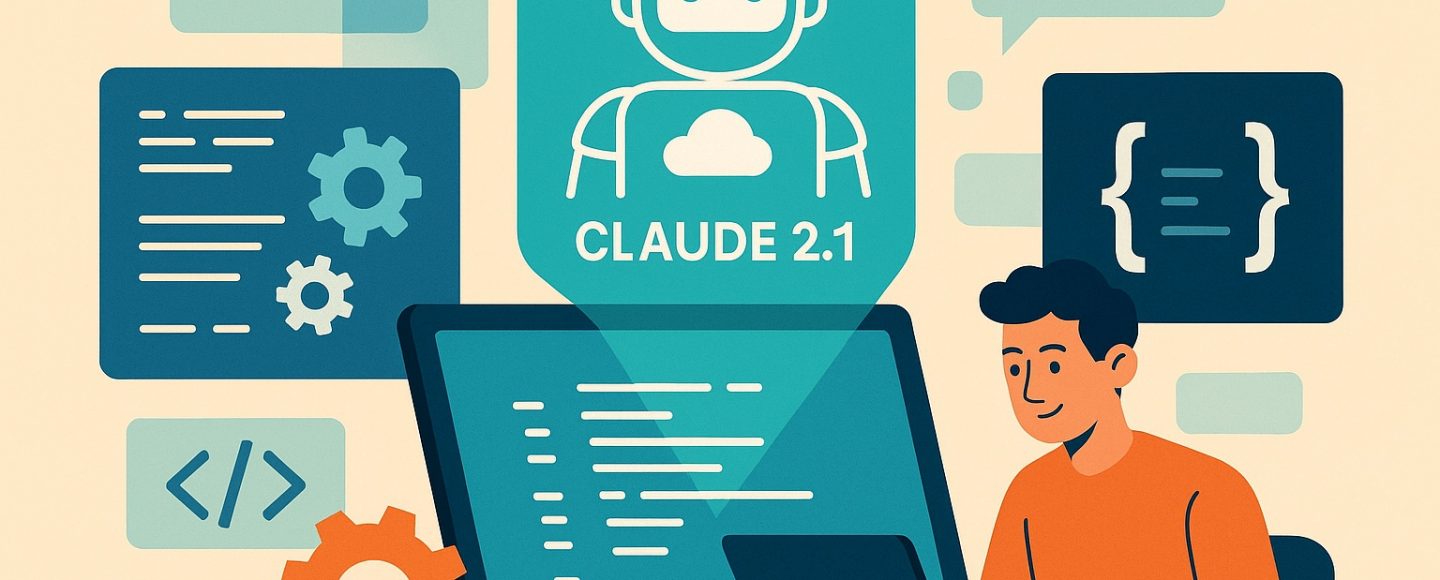

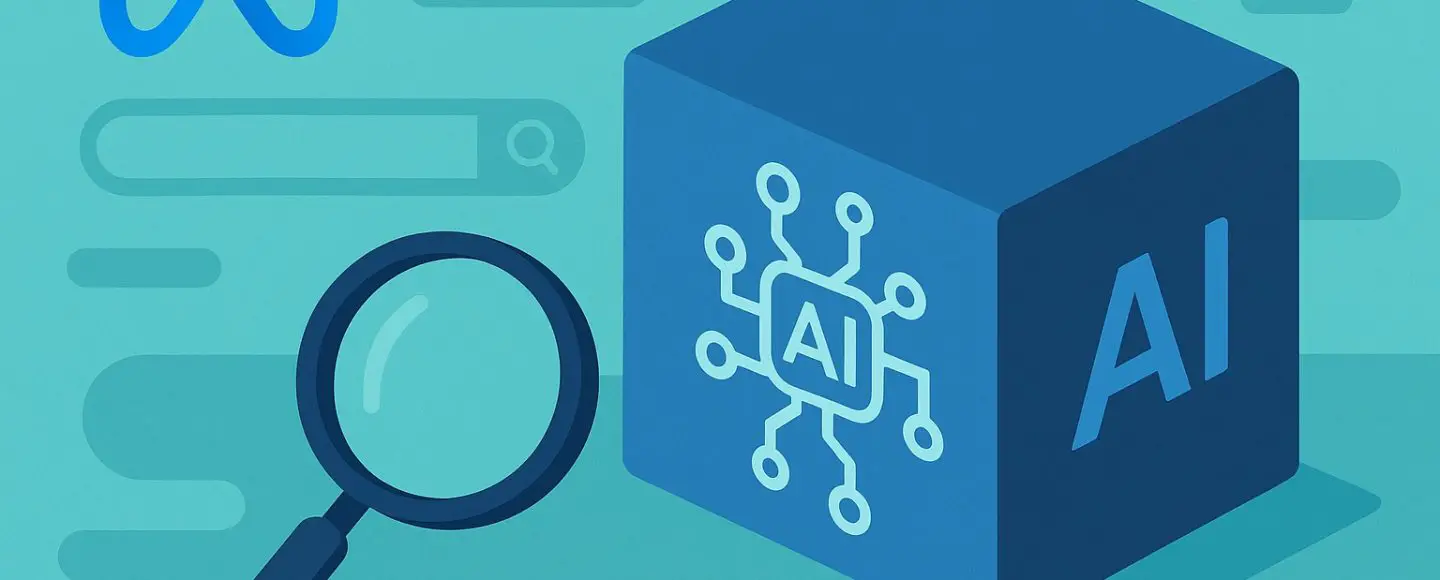





















































![[The AI Show Episode 150]: AI Answers: AI Roadmaps, Which Tools to Use, Making the Case for AI, Training, and Building GPTs](https://www.marketingaiinstitute.com/hubfs/ep%20150%20cover.png)
![[The AI Show Episode 149]: Google I/O, Claude 4, White Collar Jobs Automated in 5 Years, Jony Ive Joins OpenAI, and AI’s Impact on the Environment](https://www.marketingaiinstitute.com/hubfs/ep%20149%20cover.png)








































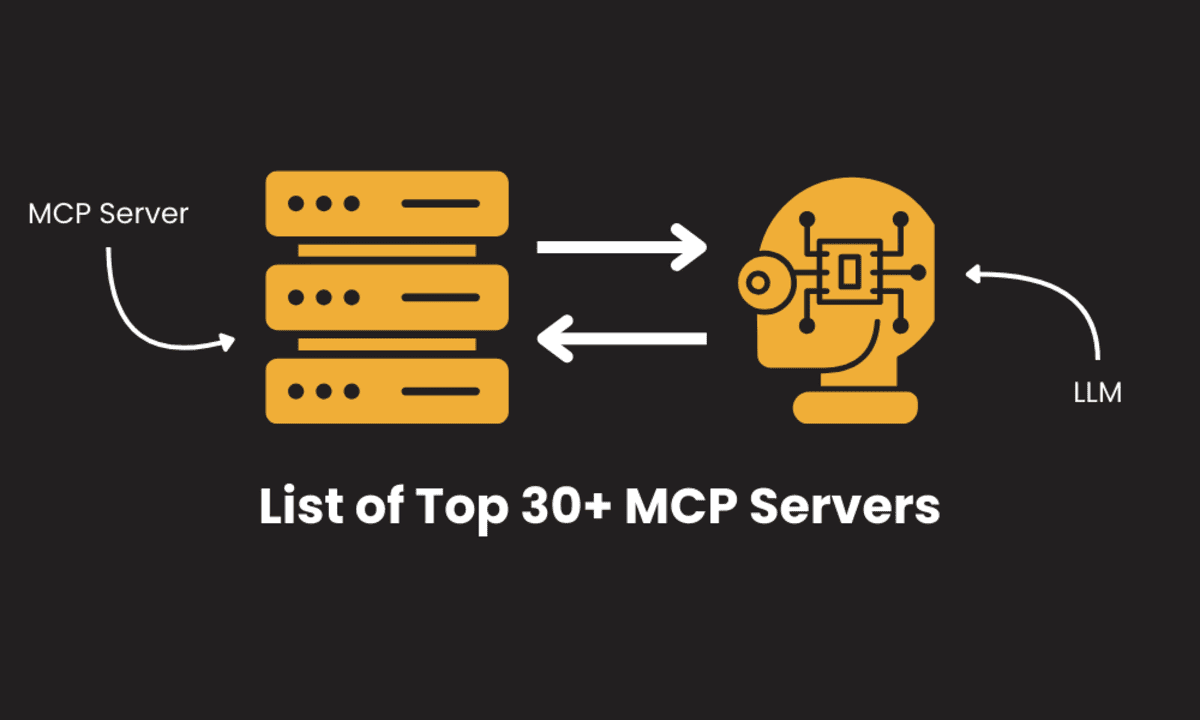



















































































![[DEALS] Mail Backup X Individual Edition: Lifetime Subscription (72% off) & Other Deals Up To 98% Off – Offers End Soon!](https://www.javacodegeeks.com/wp-content/uploads/2012/12/jcg-logo.jpg)






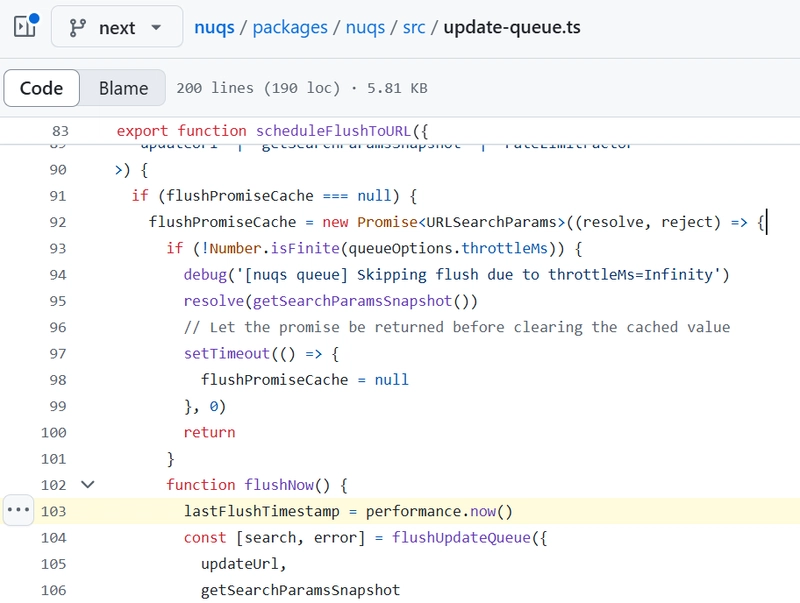


































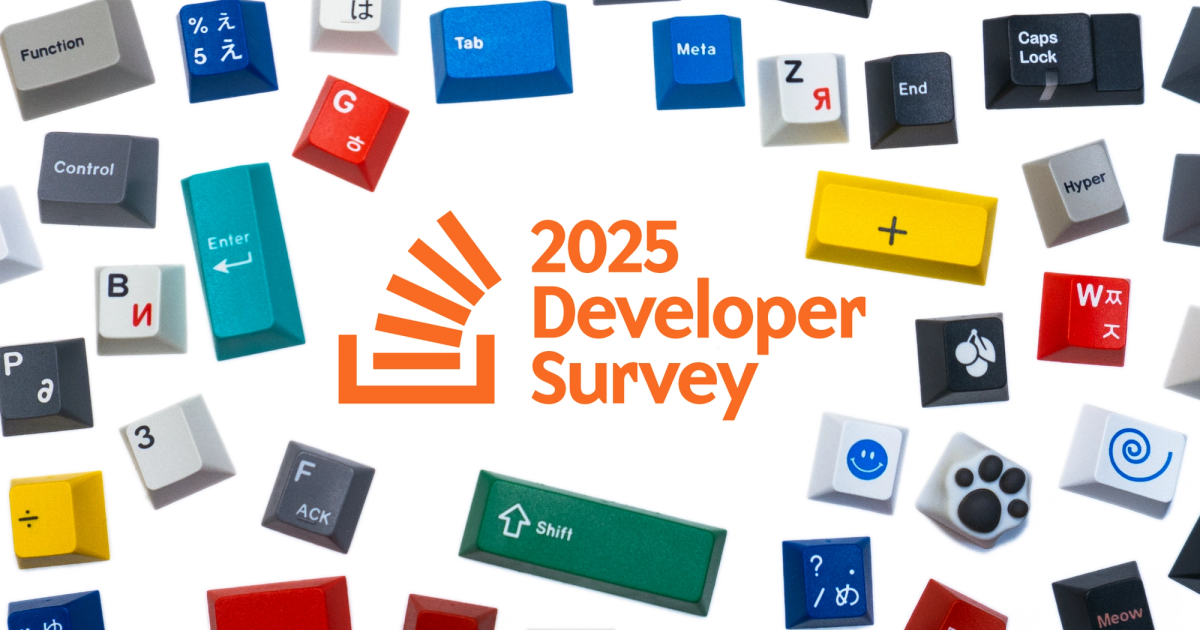





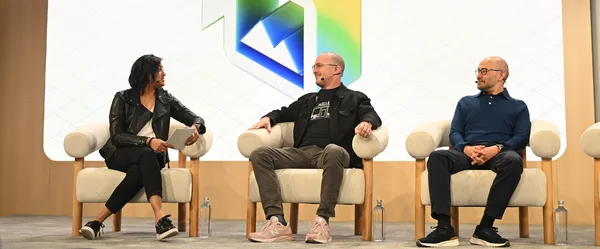































































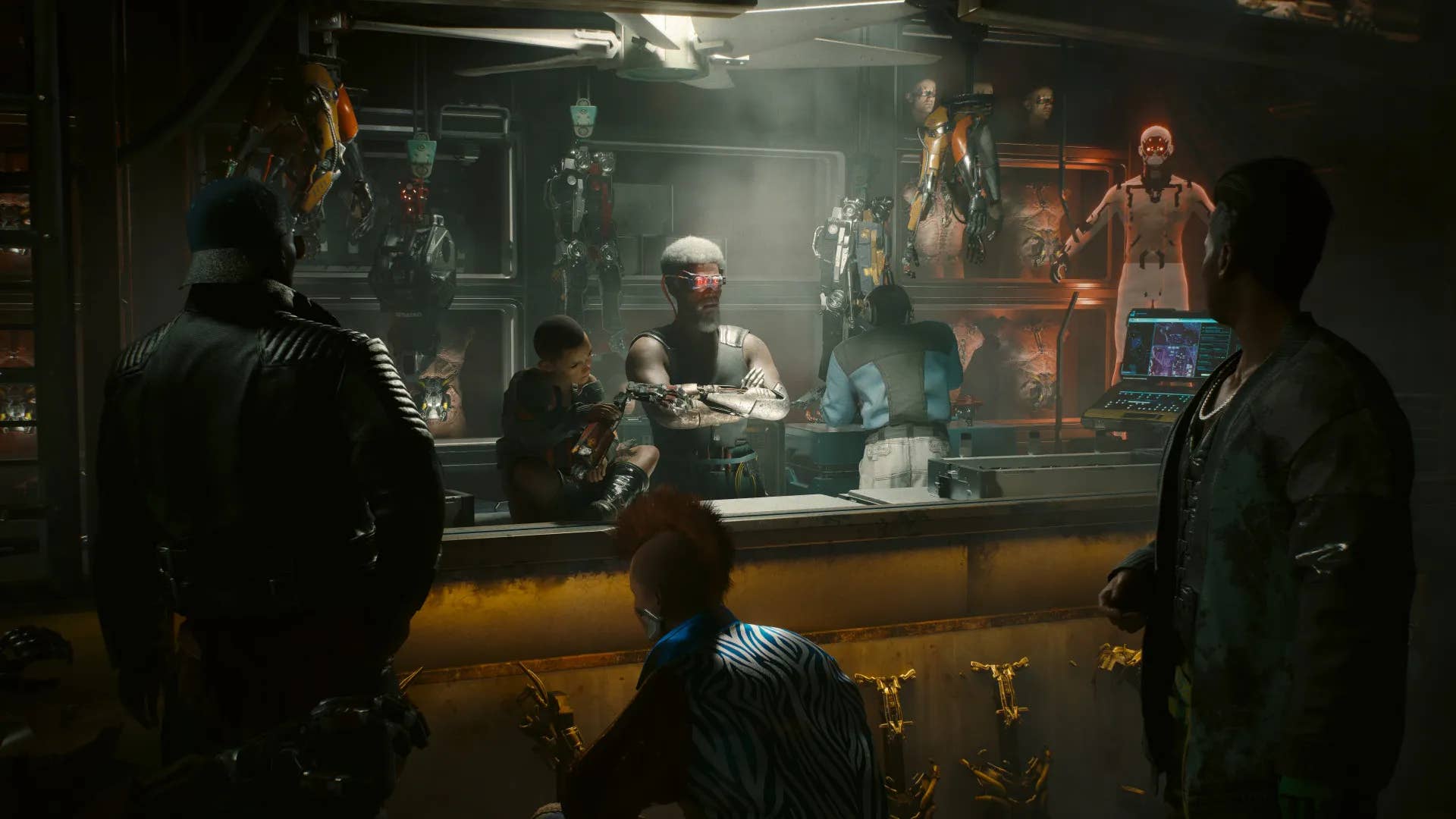

























_Luis_Moreira_Alamy.jpg?width=1280&auto=webp&quality=80&disable=upscale#)


_imageBROKER.com_via_Alamy.jpg?width=1280&auto=webp&quality=80&disable=upscale#)





















































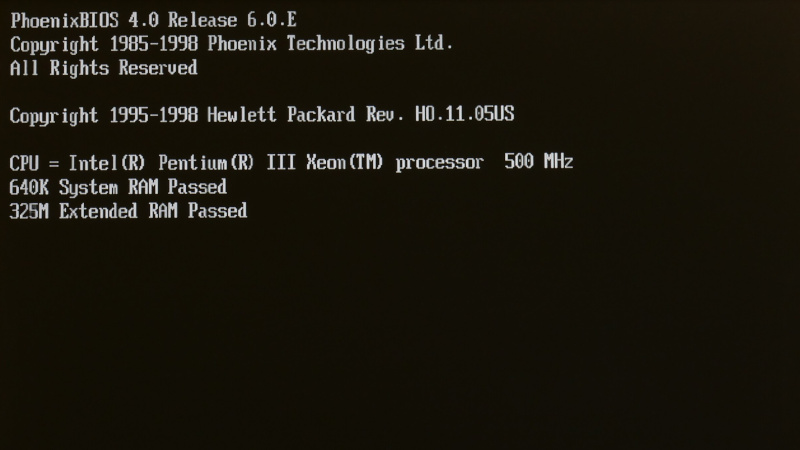




















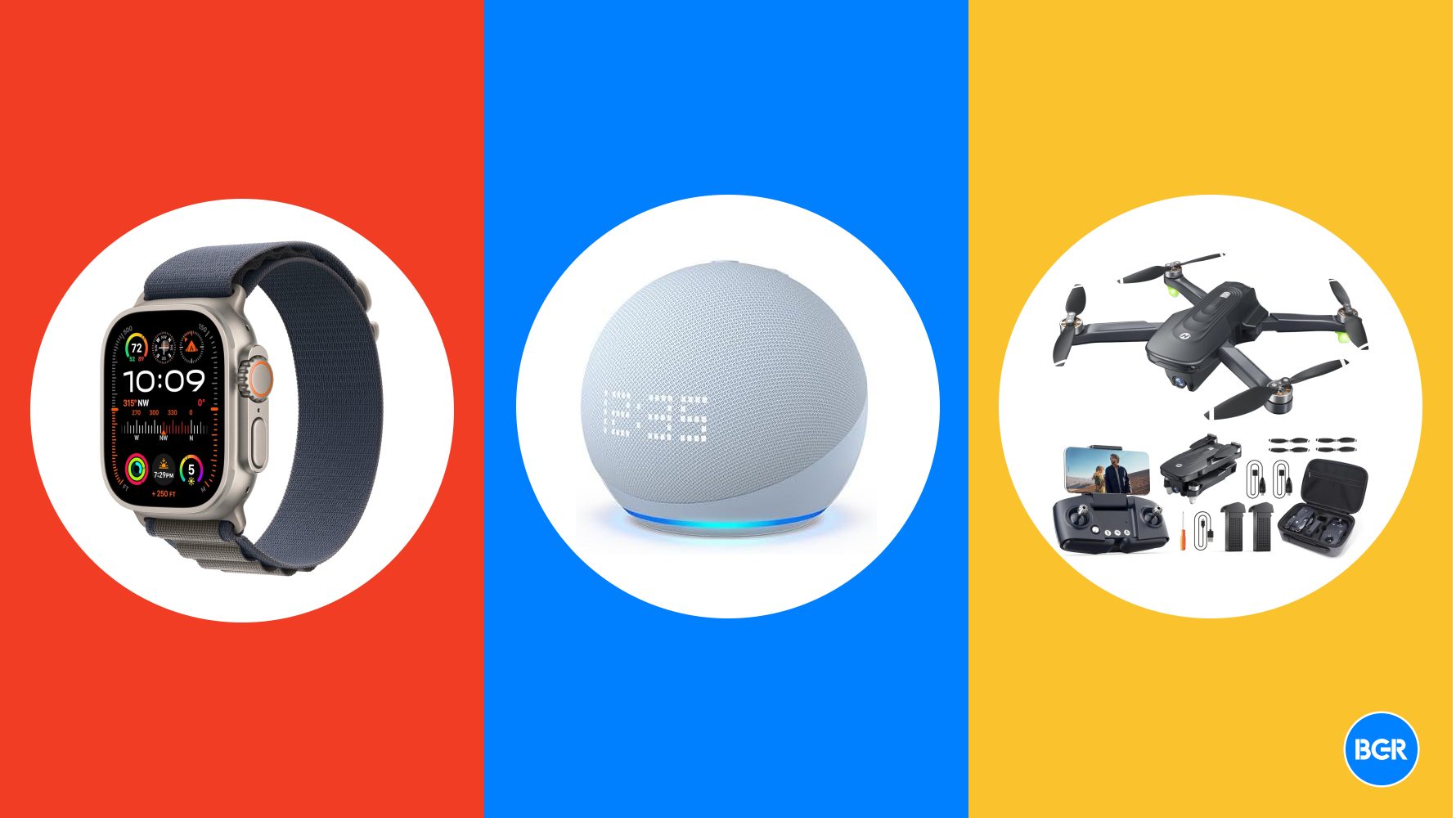







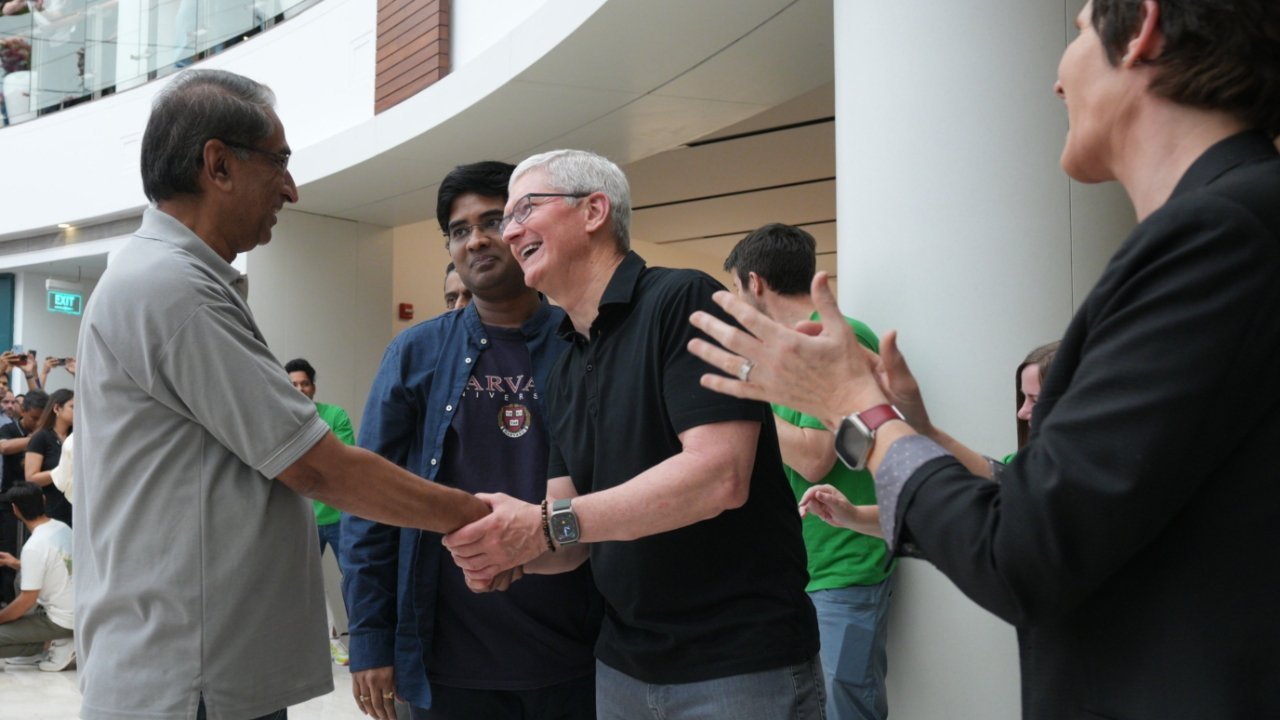







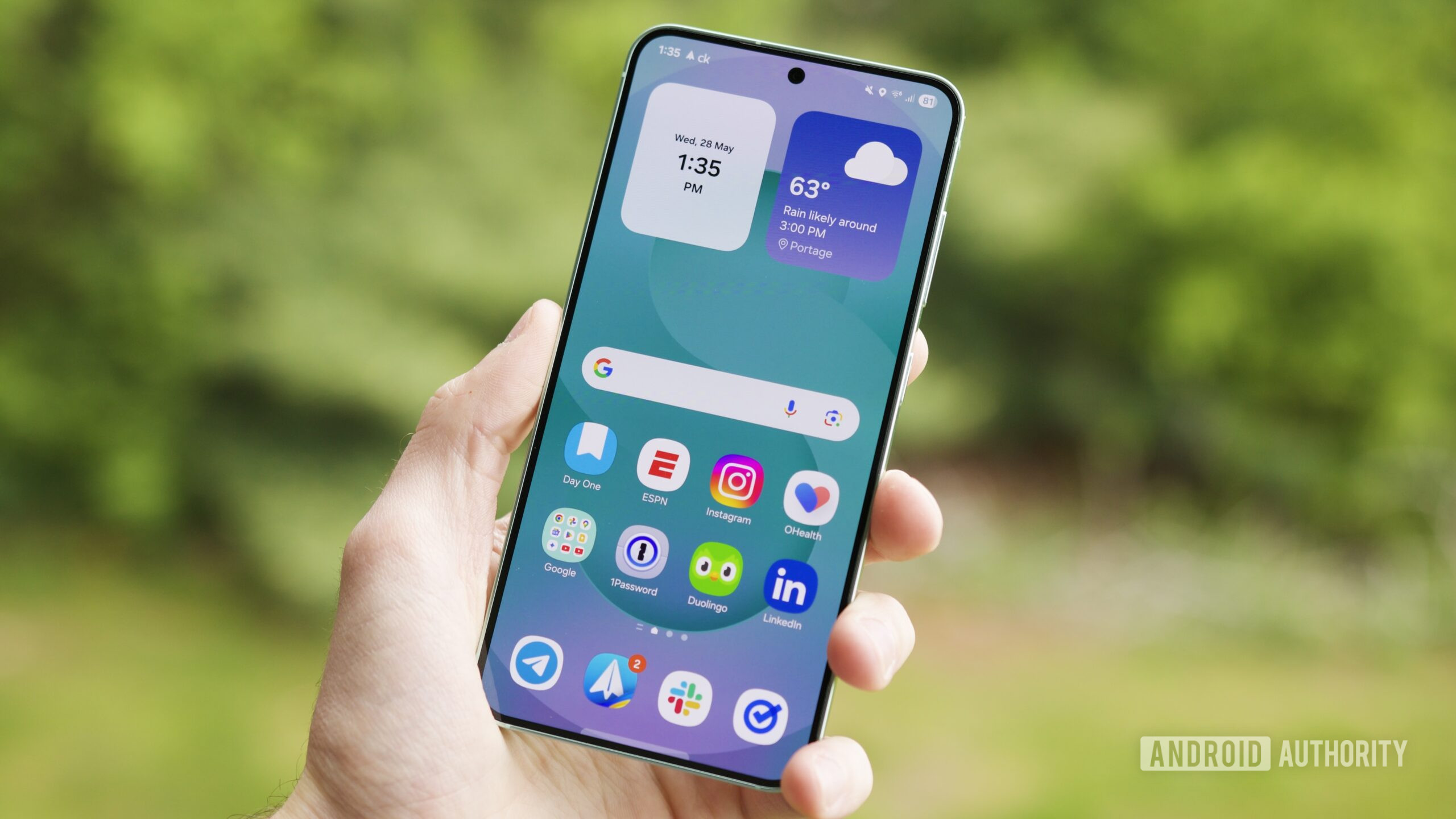



![This app turns your Apple Watch into a Game Boy [Hands-on]](https://i0.wp.com/9to5mac.com/wp-content/uploads/sites/6/2025/05/FI-Arc-emulator.jpg.jpg?resize=1200%2C628&quality=82&strip=all&ssl=1)
![Google TV is finally preparing sleep timer support as app readies Material 3 Expressive [Gallery]](https://i0.wp.com/9to5google.com/wp-content/uploads/sites/4/2024/01/google-tv-logo.jpg?resize=1200%2C628&quality=82&strip=all&ssl=1)














![Apple Shares Official Trailer for 'Smoke' Starring Taron Egerton [Video]](https://www.iclarified.com/images/news/97453/97453/97453-640.jpg)
![Apple's M4 Mac Mini Drops to $488.63, New Lowest Price Ever [Deal]](https://www.iclarified.com/images/news/97456/97456/97456-1280.jpg)

![iPhone 16 Becomes World's Best-Selling Smartphone in Q1 2025 [Chart]](https://www.iclarified.com/images/news/97448/97448/97448-640.jpg)
















































